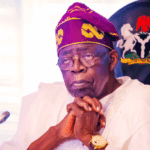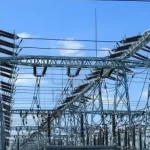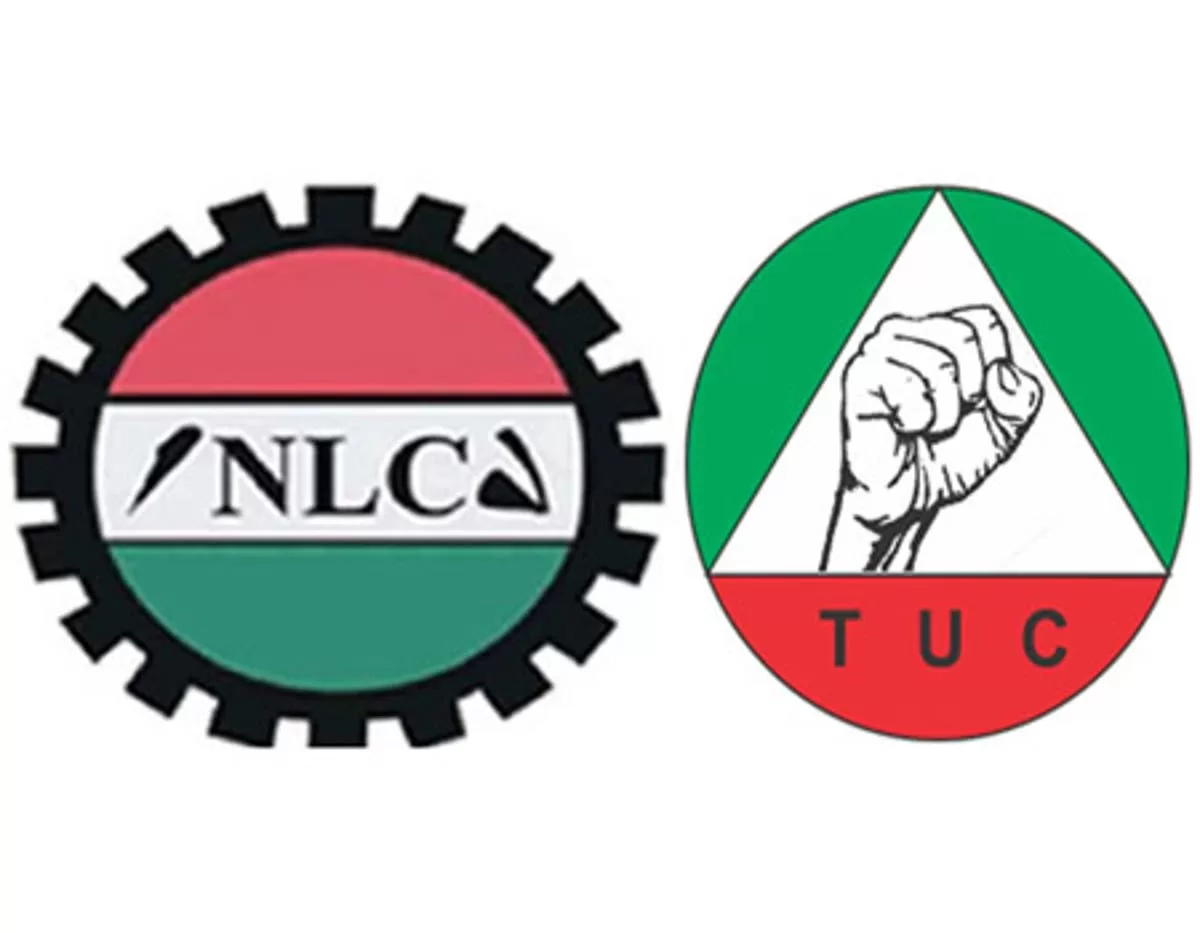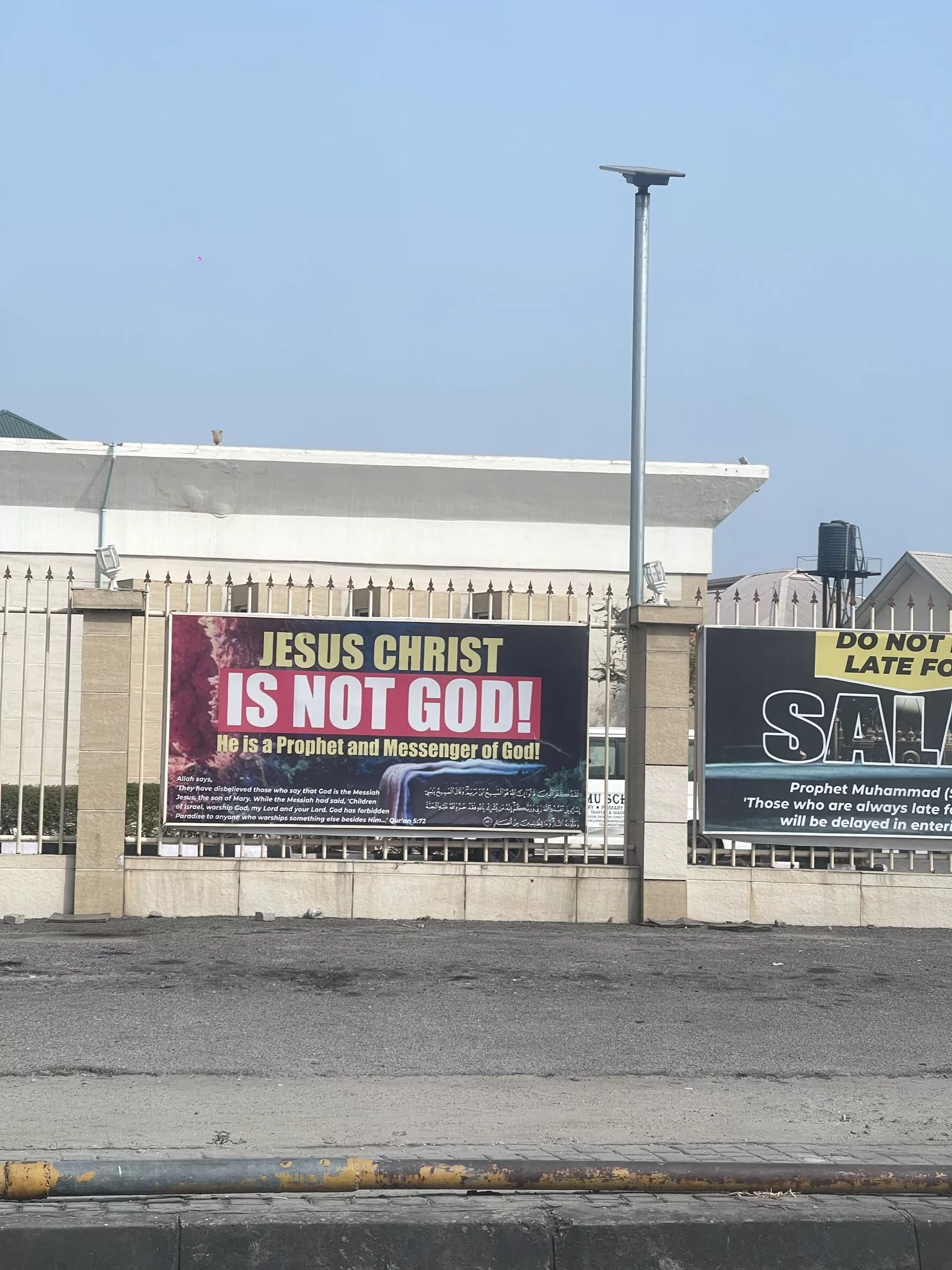Apart from preventing civil servants in the state from gaining access to the Lagos State Secretarial complex, they also barricaded entrances to the state General Hospital in Ikeja. adds”
Workers in Lagos State, who left their various homes, and boarding the staff buses to resume work at the Government Secretariat, Alausa, Ikeja, were directed to go back home as roads were barricaded by union leaders.
Although there was vehicular movement and people doing their normal business, Nigerian Tribune learnt that the main gate to the secretariat was shut, while all the affected staff buses were not allowed entrance to the premises as they were turned back.
Some staff who resumed earlier and were inside the secretariat and already settled down for the day’s work were told to leave the premises. Also, school children were sent back home as the Nigerian Teachers Union joined the nationwide strike.
The union leaders, led by Comrade Funmi Sessi and Comrade Gbenga Ekundayo, ordered a total shutdown of schools, government offices and hospitals.
The leaders said the strike action would also affect students currently writing the West African School Examination, urging parents to keep their children at home for safety sake since there won’t be transportation to convey them to and fro.
The planned nationwide strike, they said was not only about the failure of the Nigerian government to agree on a new national minimum wage and subsequently pass it into law before the end of May 31, 2024, as they were notified, but also the increments in electricity tariff.
They said it was embarrassing that an average worker is earning N30,000 or $20 per month in the midst of escalating food prices and electricity tariffs.
They expressed their grave concern and disappointment about the government’s refusal to pay Nigerian workers a living wage. Rather, they said the government went ahead to increase electricity tariffs unilaterally without due consultation with all stakeholders.
also bemoaned the government for the further creation of a dichotomy between the rich and poor.
Justifying the strike action, they said they have been demanding the conclusion of the review of the minimum wage exercise since May 1st, 2024, but noticed there was no significant commitment from the government.
“Nigerian workers deserve fair and decent wages, but the government continues to neglect its responsibility to the public. Rather, the government increased the electricity tariff thereby impoverishing people further,” they said.











